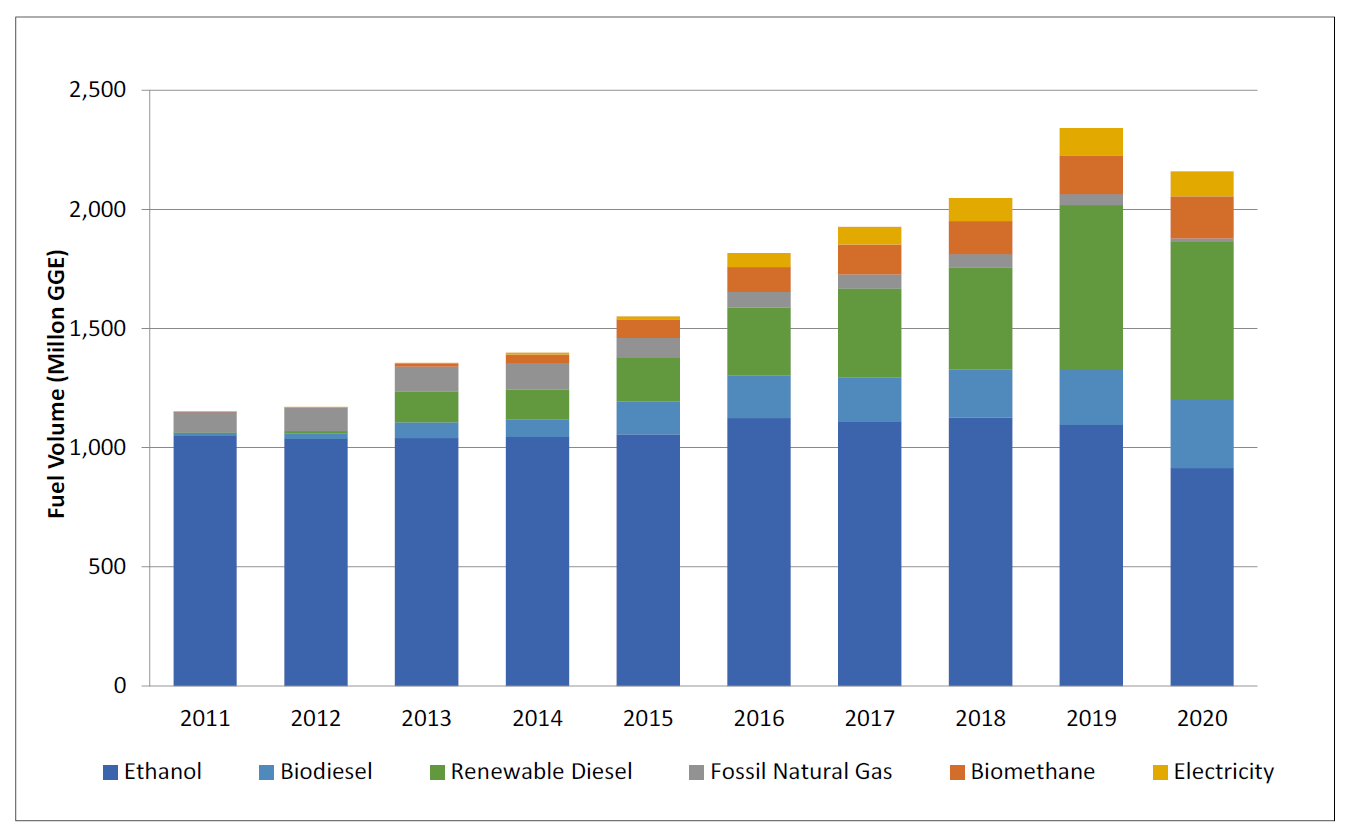Low Carbon Fuels Standards: Market Impacts and Evidence for Retail Fuel Price Effects
California’s Low Carbon Fuel Standard (LCFS) Program was the first comprehensive state initiative to promote the development, production, and use of low-carbon transportation fuels. Introduced in 2011, it aimed to progressively reduce the carbon intensity of transportation fuel in the state. As other states explore the value of implementing clean fuel standards programs, there is a corresponding interest in understanding the potential costs of decarbonizing transportation fuels through such a mechanism.
In this report for the Low Carbon Fuels Coalition, Partner Collin Cain evaluates the primary drivers of transportation fuel prices in California to determine whether the state’s LCFS program has a discernible impact on retail gasoline pricing. Key findings include:
- The primary driver of fuel price movements is the cost of crude oil.
- Data on the components of retail gasoline prices in California show that the residual “unexplained” price is not linked to the implementation of LCFS or administration of the program over time.
- From a consumer perspective, renewable fuels induced under the LCFS program currently provide cost savings relative to petroleum fuels.
 The LCFS Program has induced substantial growth and diversification in alternative transportation fuels, including electricity (see the figure, which shows California LCFS alternative fuel volumes by year).
The LCFS Program has induced substantial growth and diversification in alternative transportation fuels, including electricity (see the figure, which shows California LCFS alternative fuel volumes by year).- Recent price spikes in petroleum prices, particularly following Russia’s invasion of Ukraine, demonstrate that fuel prices remain primarily a function of prices set in global markets.
Looking forward, two important factors will likely mitigate the effects of increasingly stringent LCFS targets: the expected expansion of renewable diesel production capacity in California and the continued growth of the electric vehicle market, along with renewable electricity generation in the state.
Related materials
- Partner


